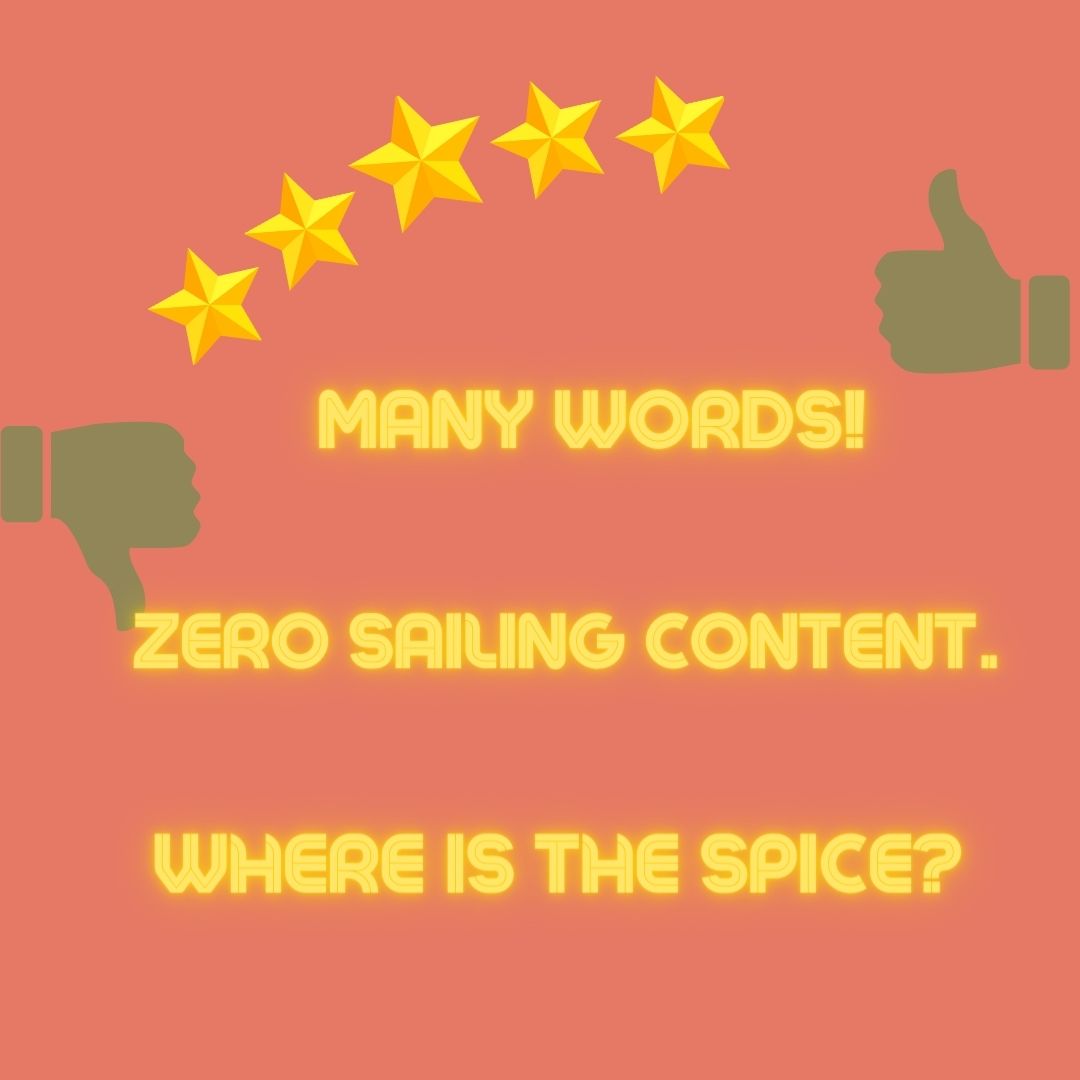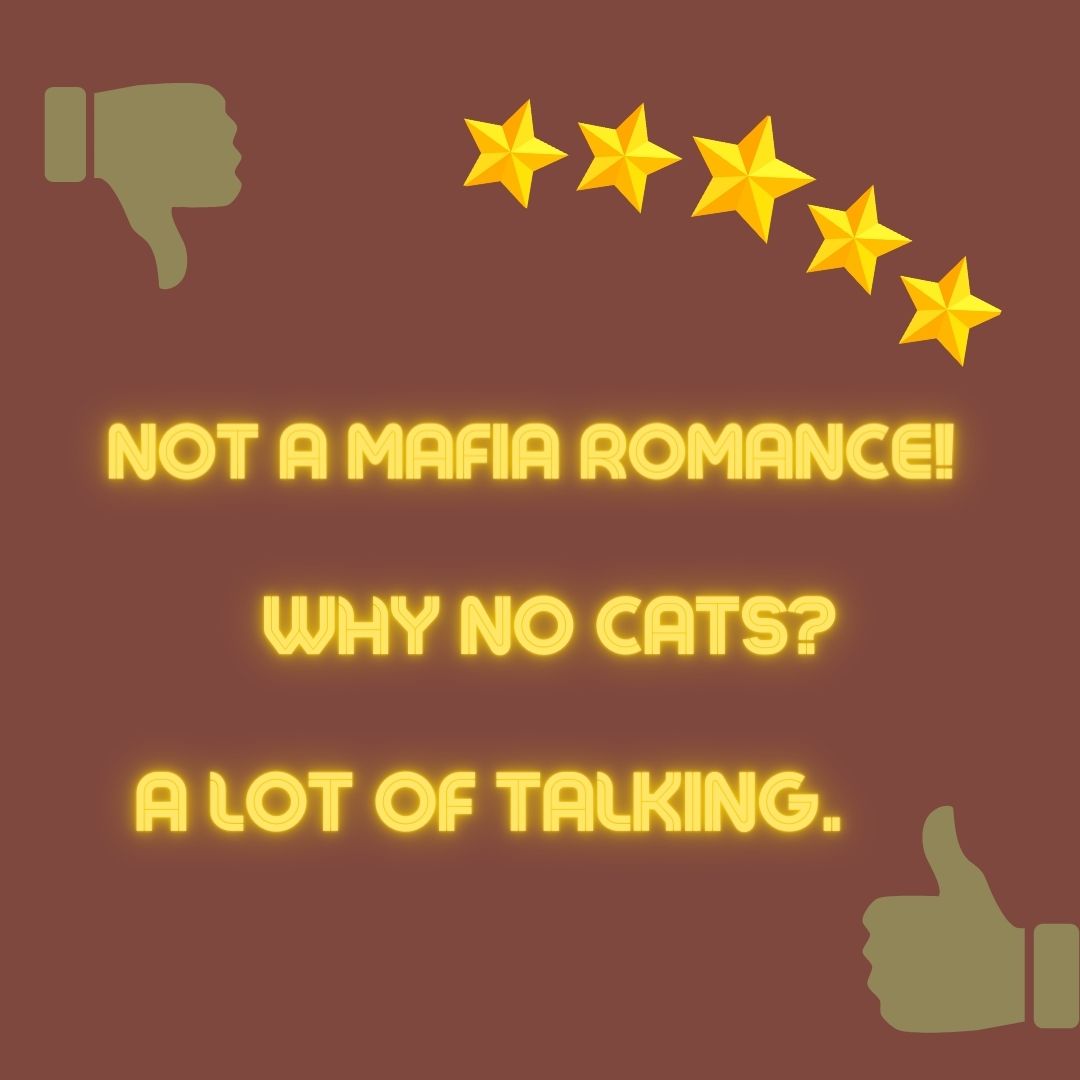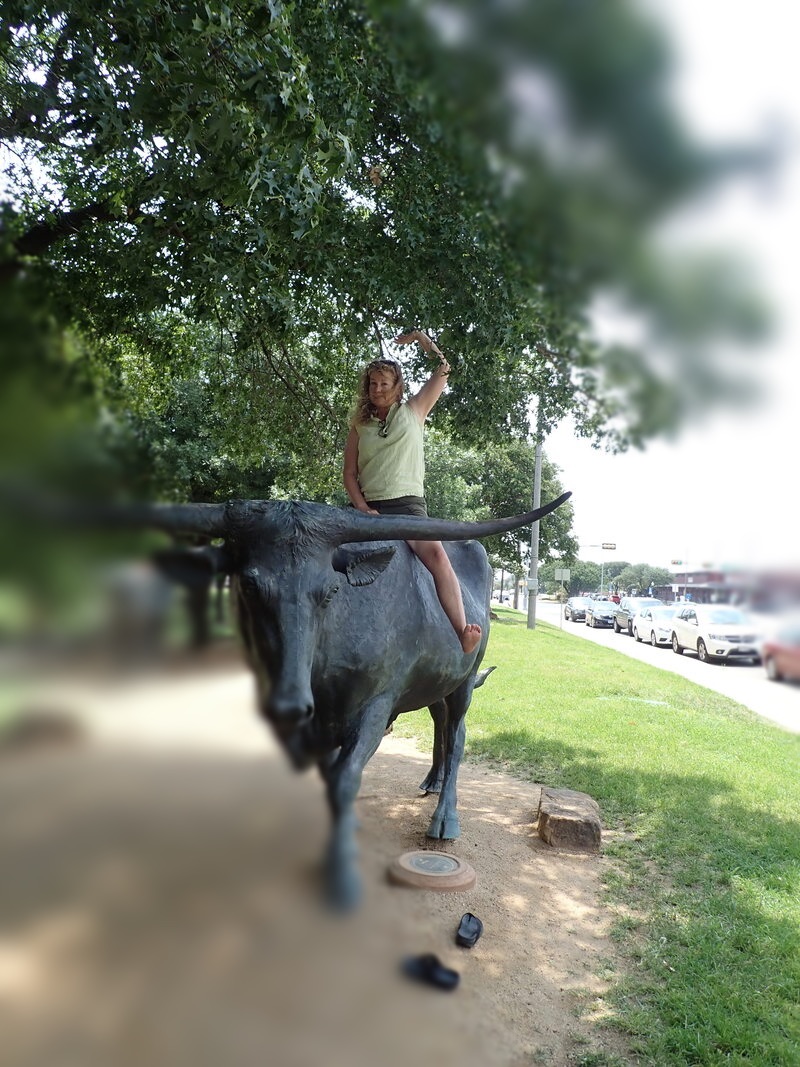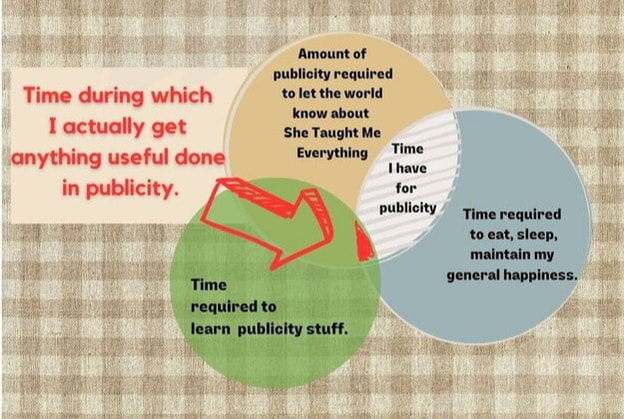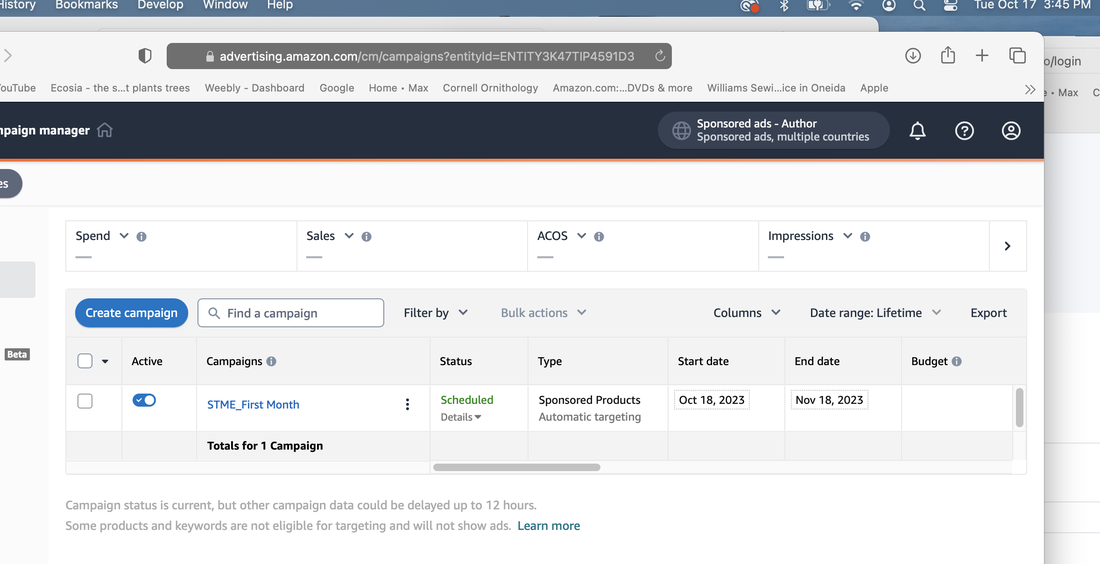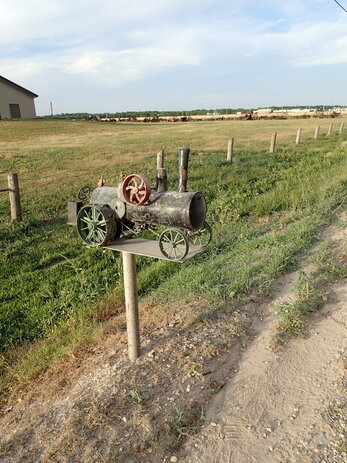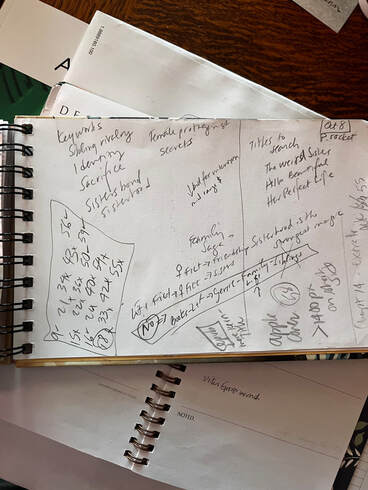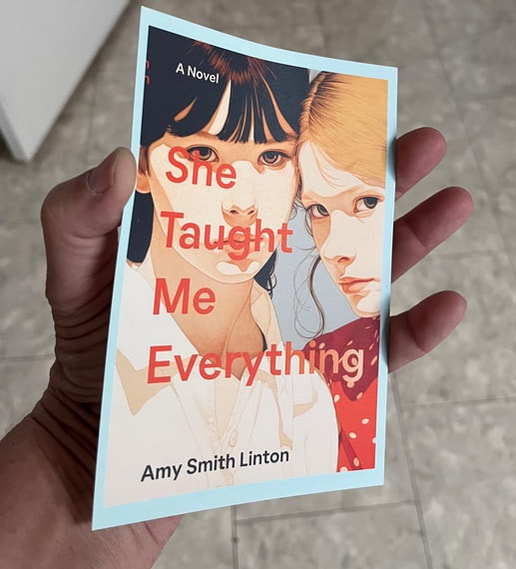|
According to the inter webs, one predictor of a book's success is the NUMBER of reviews it gets. High ratings are great, of course, but the odd 1- or 2-star review can actually be helpful in showing potential readers whether the book will be a good fit. My readers have been remarkably generous, awarding stars and giving thumbs up (it's a whole other blog post on how a single "This was helpful" click works. Whoa!), and jotting down kind things about the book. I am psyched to see reviews coming in, but honestly, I almost don't look at them myself. First, I have a generous dollop of self-confidence already––without any real external encouragement. (And I'm reluctant to burst that bubble on purpose.) Second, as I was reminded recently, reviews are for READERS.
So let me toss it out there: You don't need to write a review for me, but DO, please, jot a note on Goodreads, or Amazon, B&N, iTunes, Nook, or the bathroom wall. Say what you liked or didn't, say whether it's your usual cup of tea, but say. Your reaction and your opinion are in truth that rare gift that keeps on giving...
2 Comments
I wasn't a theater kid. I DID play the vamp in my high school play –– let's go ahead and blame the hair for that one –– but I'm not usually one to muscle my way to center stage. As for my novel, it would be pretty to think a book will simply find its readers by the quality of existing –– like the movie starlet perched on a stool at a soda fountain. ...But the trick is that she must be SEEN perching. The Hollywood fantasy persists in our screen-heavy world long after soda fountains have faded into history. Hence my flurry of Instagram and TikTok activity. Since I don't have the budget of a big publishing firm, here I am, adding my voice to the democratic chorus of social media. One excellent piece of advice I heard was "don't be spammy." So instead of incessantly jabbering on about me-me-my-my book, I'm on one of those other topics I can piffle cheerfully: other books I think people will love. Shocking as it is to hear my own voice and get the visual (again, blame the hair), I'm embracing the experience. And from time to time channeling my inner Sophia Coppola... It's all an experiment, really.
My brains are not quite oozing out of my ears, but it could happen. At any moment.
Did you know that when you search for something online, those descriptive words (fast-acting, best, organic) have a price tag?
It should not come as a surprise. Ours is a world of fully-fledged capitalism. Naturally the very words we use are monetized. It might look like a library, but it's not. Marketing on Amazon, the world's largest bookseller, goes a bit like this: say I've written a romantic romp involving a pair of collegiate hockey players. I've done my homework and am a canny marketeer. I know there are readers for my book and I am pretty sure Amazon can locate them. Ads on Amazon are not like the "Plop-Plop, Fizz-Fizz" 30-second video clip we know from broadcast television, it's actually a quite brilliant and fully automated system. As a canny publisher, I've invested in Publisher Rocket, a software that helps me figure out what categories and keywords are likely to lead buyers to my product. I mean book. For this hockey romance, we're going to skip right to the part where we start an advertising campaign around keywords. One starts, naturally, with the phrase "hockey romance." Amazon might suggest that "hockey romance" is worth $1.87 per click. Which means that IF someone types in "hockey romance" AND clicks through to the longer description of the book, I'm out $1.87 WHETHER OR NOT they put the book into their cart.
Given that I stand to clear $3.45 per copy of the book, I might want to lower that amount, say, $.87 per click for "hockey romance." Of course, a lower bid means I might be outbid by other books with the same keyword, and my hockey romance book will slide lower on the page.
You places yer bets, you hedges yer bets, and then you waits to see what Fate (or the Almighty Algorithm) will reveal.
Carefully selecting 40 or 50 keywords for the campaign, go ahead and set a price on each word (in broad, close, and exact match categories. This is not a quick process for the faint of heart.).
Ideally, you pick a price that will outbid other vendors by a penny or two, to keep you near the top of the page without breaking the bank. You set a daily budget ($10/day is the recommended starting point), so after the clicks add up to $10, you're done. Sort of. Until the next day.
So much of the process is shrouded in secrecy, but it's freakin' brilliant: Amazon is a store where not only can you get everything, it's a store that charges for browsing. It doesn't charge the buyer, true, but someone has to pay. It's also a bit like a modern-day coal-mining company store: Who is tracking clicks? Who's writing paychecks? Who is setting the prices? Who is doing the accounting? All points awarded to the man in the brilliantly shrouded secrecy.
But convenient. And someone in France bought a copy of my book last month. How cool!
I got chatting with a lady in line at the grocery store (yes, that's me, randomly striking up a convo), and I whipped out a postcard of She Taught Me Everything (again, me with the marketing material to hand). She swished her phone and Poof! my novel downloaded to her Kindle.
What a world.
Nowadays, when looking for books online, I tend to mooch around in the stacks of Goodreads (owned by Amazon but not as monetized yet) or Libby/Overdrive. And now, if you'll excuse me, I'm about to dip a toe into the marketty world of TikTok... |
Archives
July 2024
Categories
All
|


